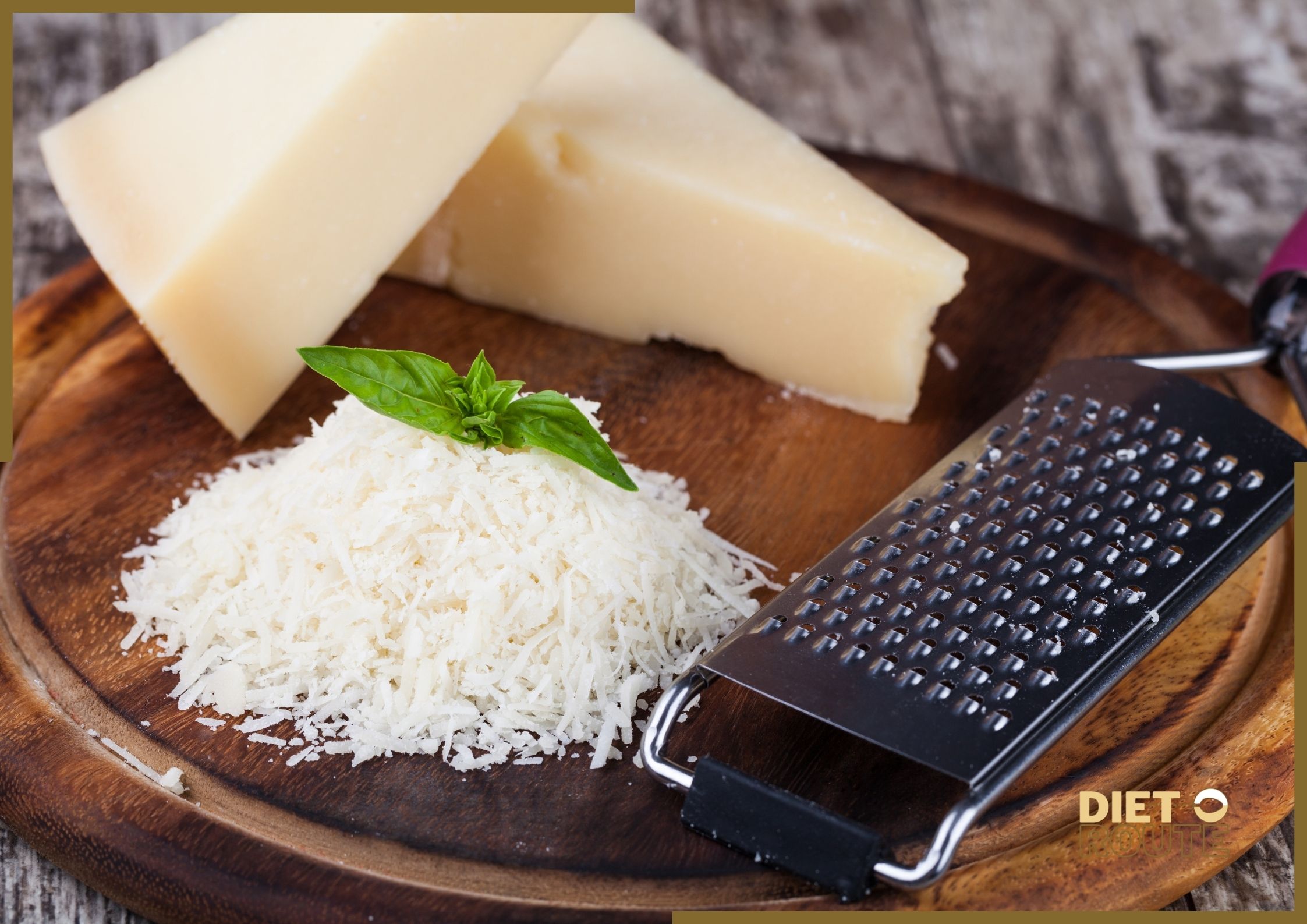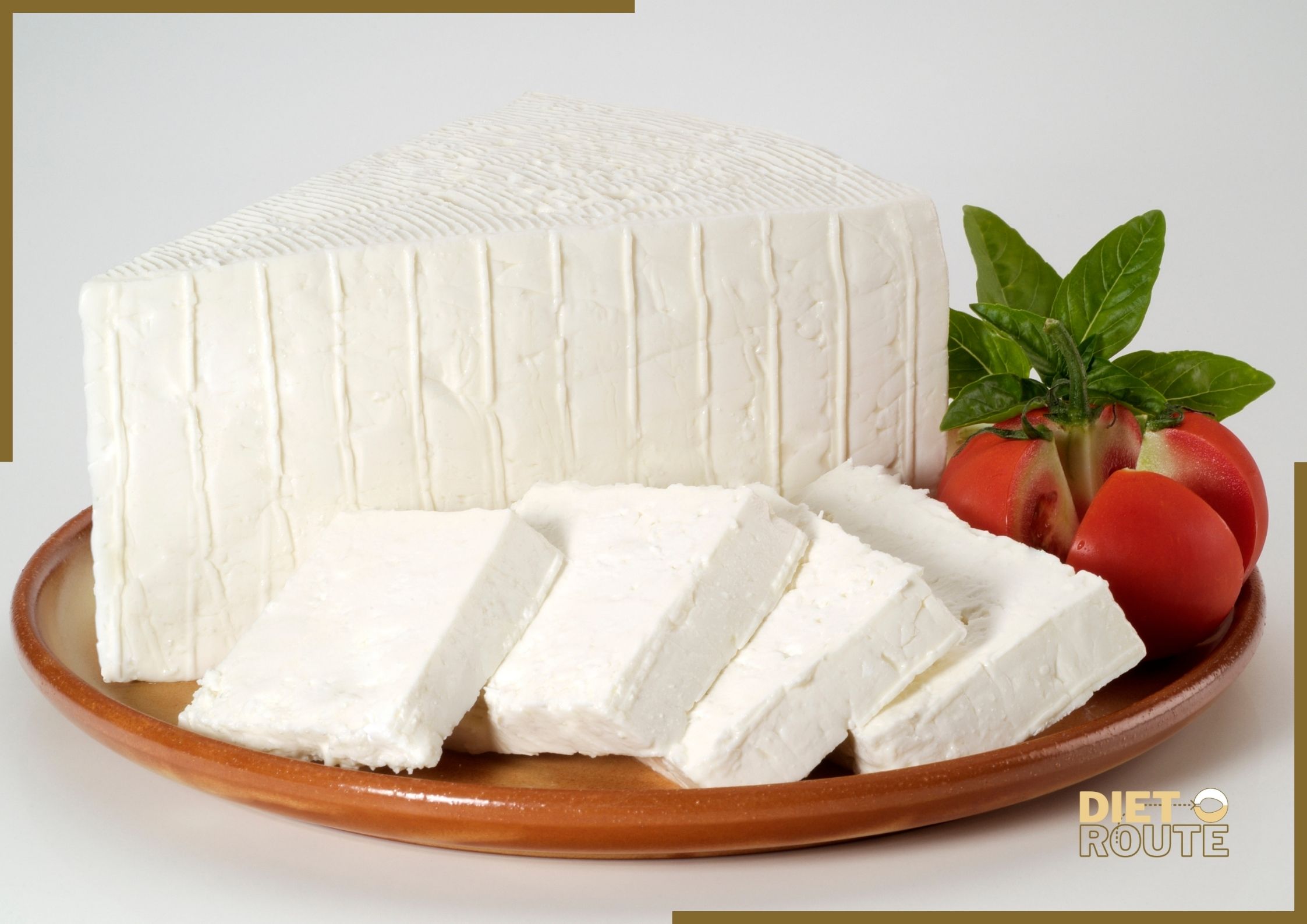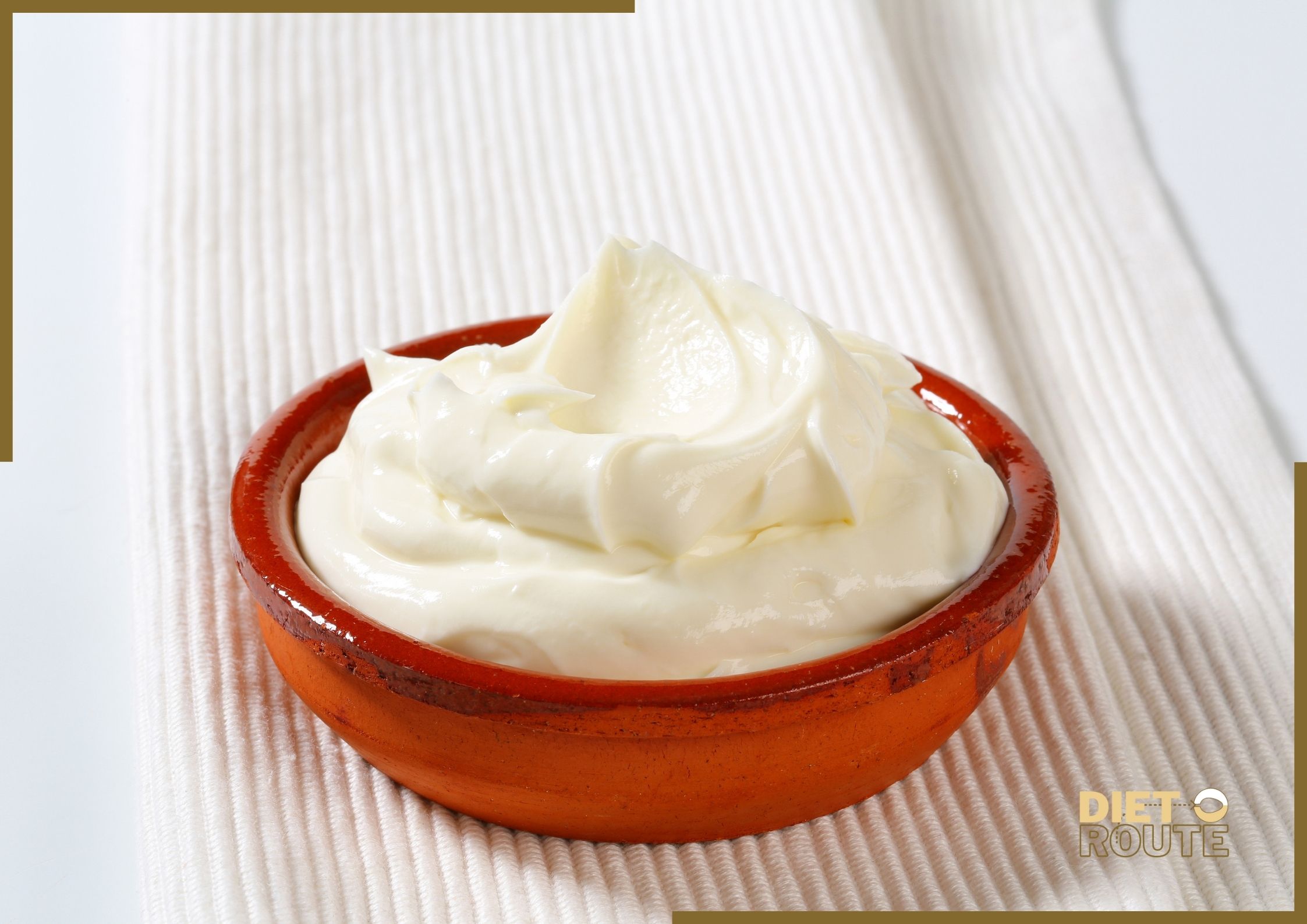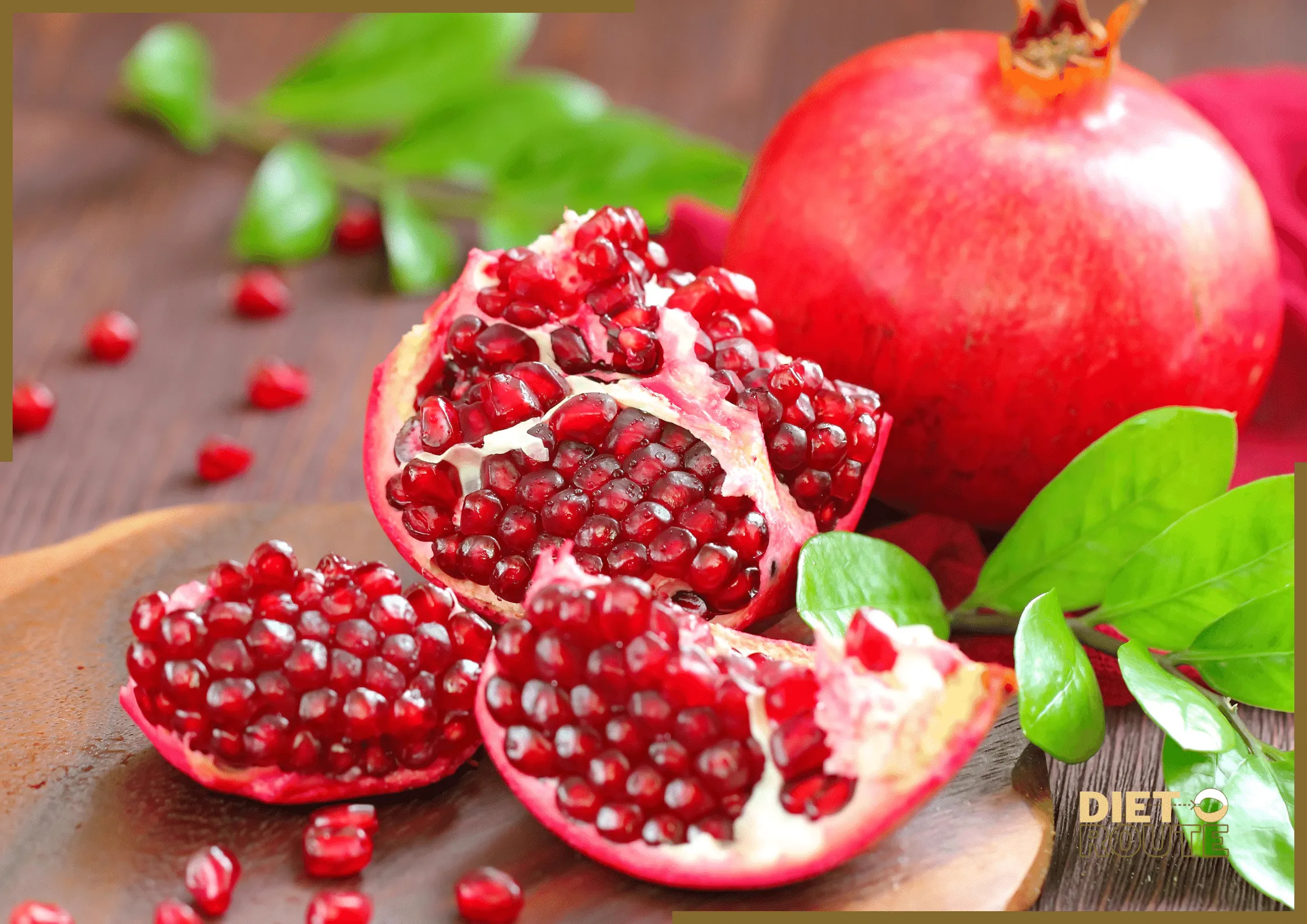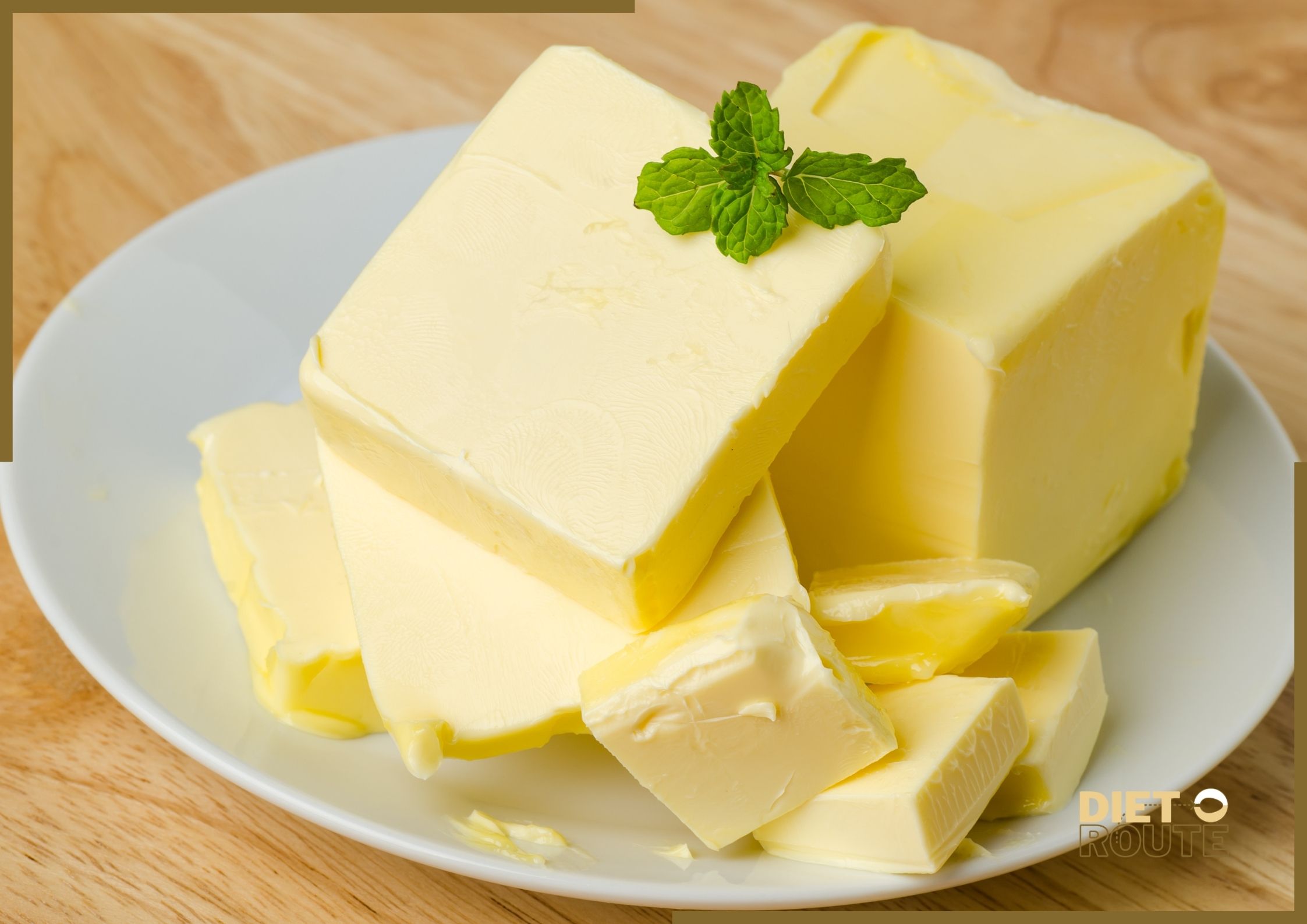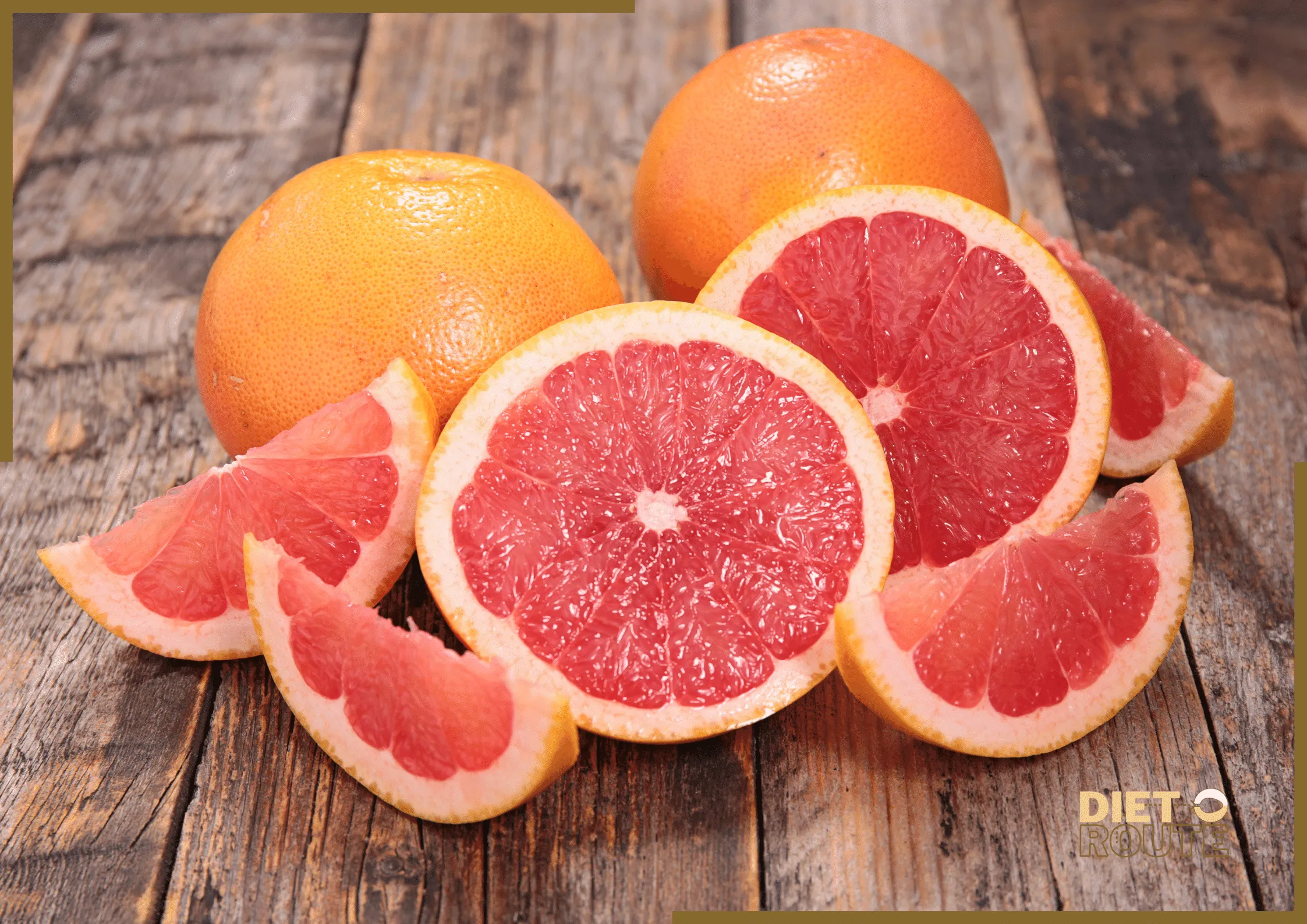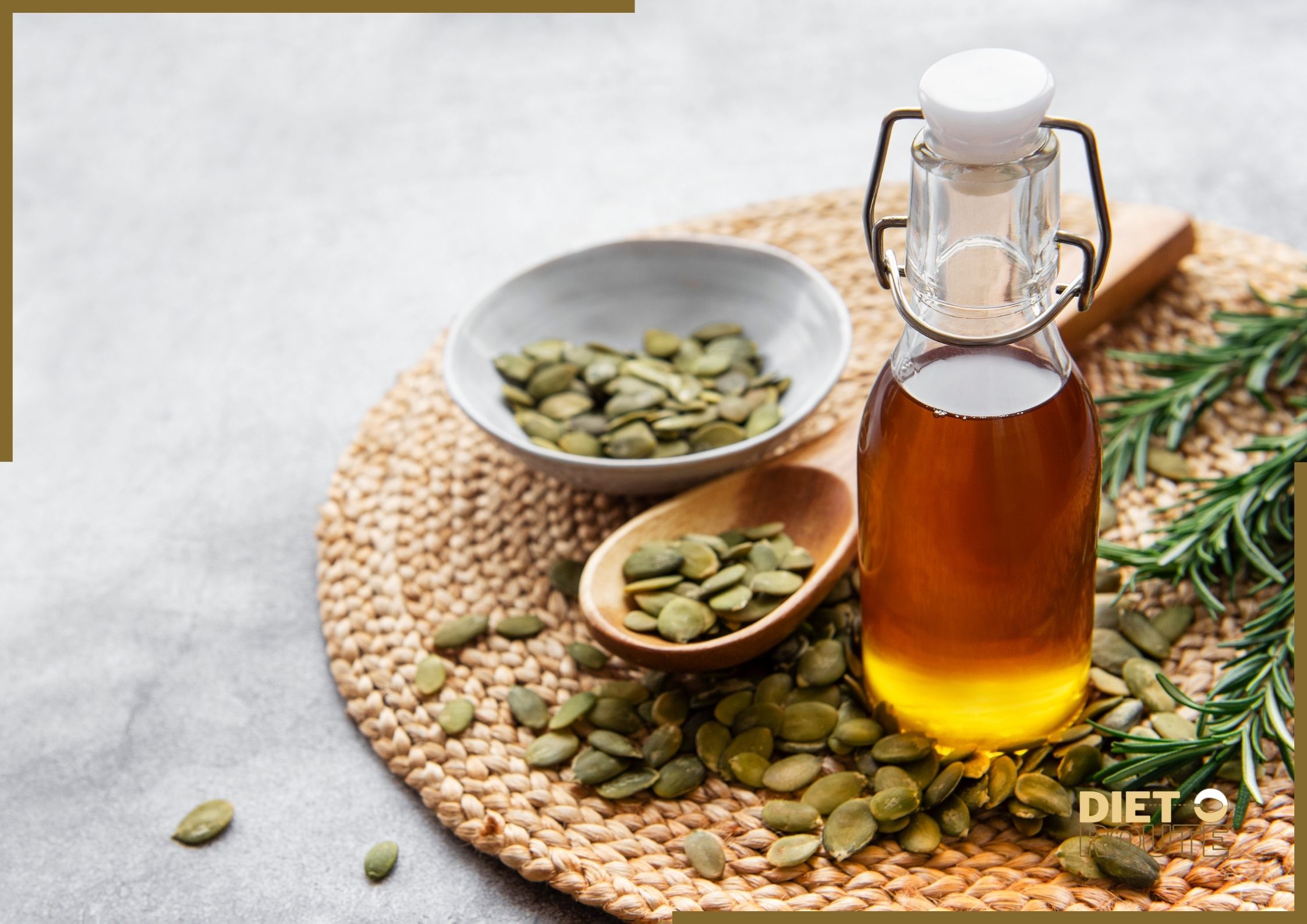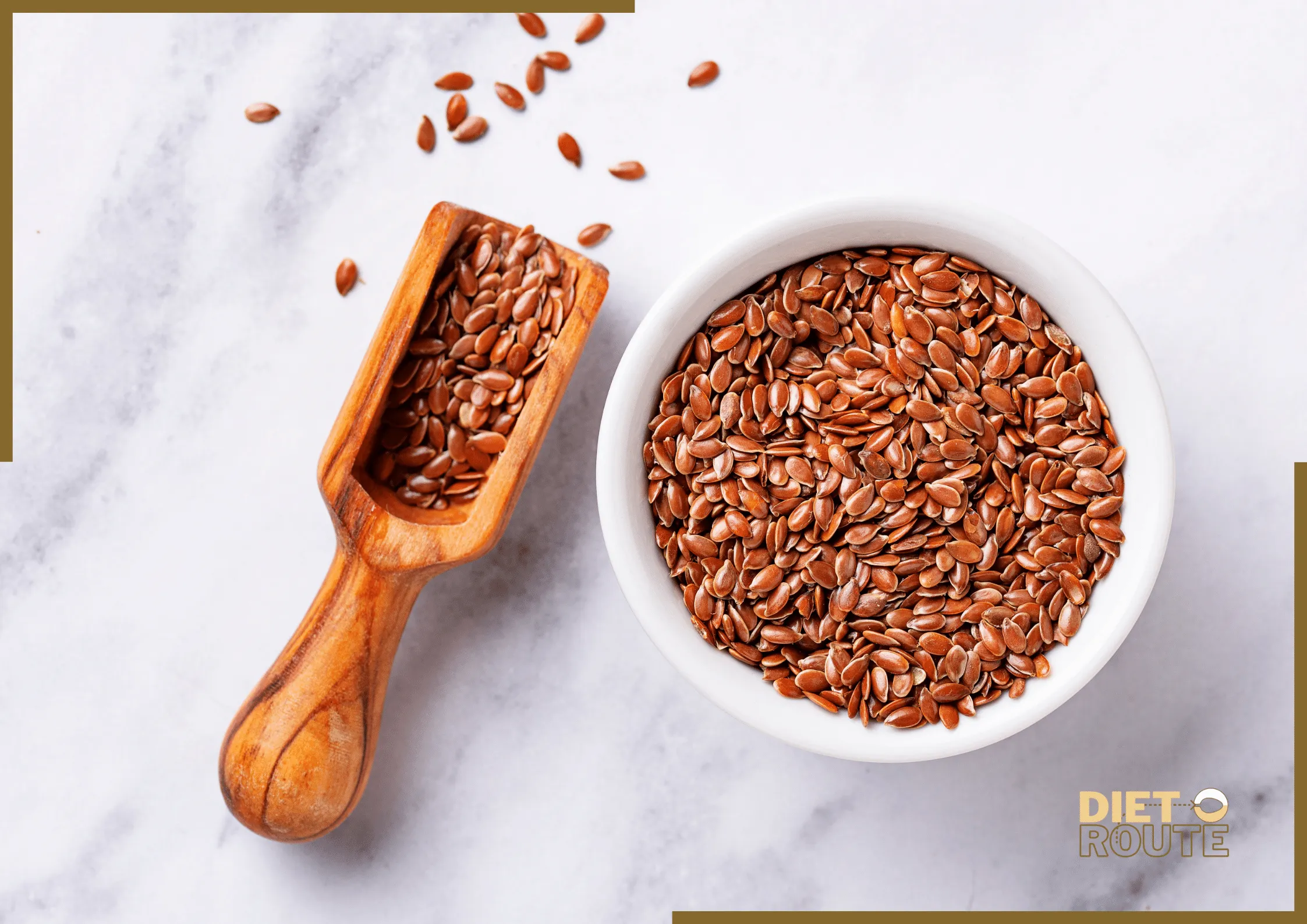Table of Contents
Introduction
Discover the nutritional value of Parmesan cheese, including its daily recommended intake and percentage daily value. Explore the benefits and potential drawbacks of consuming it, find answers to frequently asked questions, and make an informed decision about incorporating it into your diet.
Nutritional Value Approximately 100g
The values provided are approximate can vary depending on the size and quality.
| Nutrient | Amount | Percentage Daily Value |
| Calories | 420 kcal | 21% |
| Total Fat | 29 g | 45% |
| Saturated Fat | 18 g | 90% |
| Cholesterol | 88 mg | 29% |
| Sodium | 1600 mg | 67% |
| Carbohydrates | 4 g | 1% |
| Sugars | 0 g | – |
| Protein | 38 g | 76% |
| Calcium | 1250 mg | 125% |
| Vitamin A | 680 IU | 14% |
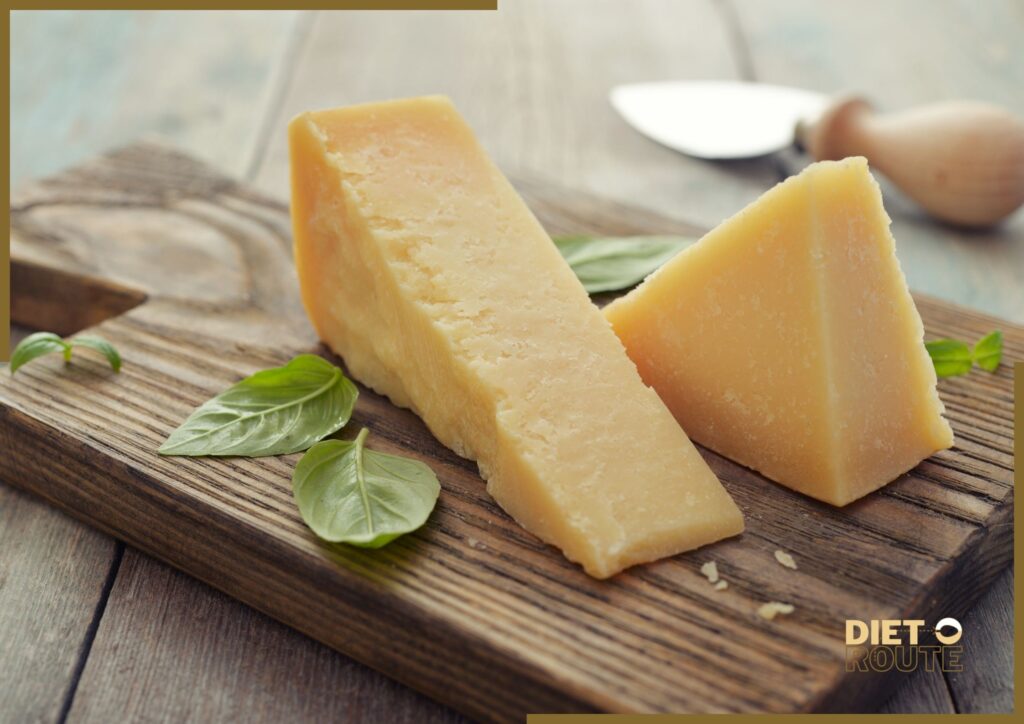
Pros
1. Rich in Protein:
It is a good source of protein, which is needed to build and fix tissues and help the body do other things.
2. High Calcium Content:
It has a lot of calcium, which helps keep bones healthy and strong. It also helps nerves work right and helps muscles tighten.
3. Rich in nutrients:
Parmesan cheese has a lot of important nutrients, like vitamins A and B12, calcium, and zinc, which are good for your health in many ways.
4. Umami Flavor Enhancer:
Parmesan cheese has a strong umami flavor that can improve the taste of many meals, making it a favorite among food lovers.
Cons
1. High in sodium:
Parmesan cheese has a lot of sodium, which can cause high blood pressure and other health problems if you eat too much of it. Consume it in moderation if you are on a low sodium diet.
2. High in Saturated Fat:
Like other old cheeses, it has saturated fat. It can be part of a healthy diet, but eating too much of it may raise the risk of heart disease.
3. Possible Lactose Content:
Because of the fermentation process, most people think that it is low in lactose. Individuals who are lactose intolerant should keep an eye on how much they can tolerate.
In a Nut Shell
Parmesan cheese is tasty and full of nutrients, so you can eat it as part of a healthy diet. It’s a good way to get protein, iron, and other important nutrients. Due to its high sodium and saturated fat content, it is important to consume in moderation. To figure out the best way to add it to their diet, people who have special dietary needs or health concerns should consult with healthcare professionals or registered dietitians. You can enjoy the unique taste and nutritional advantages in a way that is both healthy and enjoyable by exercising amount control and making wise decisions.
Frequently Asked Questions (FAQs)
1. Is Parmesan cheese safe for individuals who are lactose intolerant?
For individuals with lactose intolerance, it is usually low in lactose, making it more palatable. But each person’s tolerance may be different, so it’s important to pay attention to how your body reacts.
2. Can vegetarians consume Parmesan cheese?
It is not suitable for vegetarians to make it using animal rennet, as this is the traditional method. But some companies make versions that are safe for vegetarians and made with microbial or veggie rennet.
3. If stored at room temperature, can Parmesan cheese be used?
Most people suggest putting in the fridge to keep it fresh and stop bacteria from growing on it. Grated Parmesan cheese should be stored in a container that keeps air out.
4. Is there no gluten in Parmesan cheese?
It doesn’t have gluten in it by nature. But some grated Parmesan cheese that has already been packed may have added ingredients that could contain gluten. It’s important to check the labels to see if they say they are gluten-free.
5. Can you freeze Parmesan cheese?
You can freeze it, but it may change the way it feels. Before freezing, it is best to grate or cut it into pieces and use it within an acceptable amount of time after it has thawed.
6. Does Parmesan cheese have good bacteria in it?
The amount of probiotics is not very high. Opt for foods like yogurt or fermented veggies if you want to eat foods that are high in probiotics.
7. Can Parmesan cheese be used by individuals with high cholesterol?
Individuals with high cholesterol should consume in moderation and should look for options that are lower in saturated fat.
8. Is Parmesan cheese suitable for diabetic individuals?
When consumed in moderation, this cheese has a low carb content, has little effect on blood sugar levels. However, for personalized advice, it’s always best to consult a health care professional or registered dietitian.
9. Can allergies be caused by Parmesan cheese?
In individuals with milk protein allergies, Parmesan cheese, which is made from cow’s milk, may cause an allergic reaction. People who know they have allergies should be careful or look for suitable alternatives.
10.Can you use Parmesan cheese in recipes besides pasta?
It is a versatile ingredient that can be used to add flavor and texture to a wide range of recipes, such as salads, soups, risottos, and vegetable dishes.
